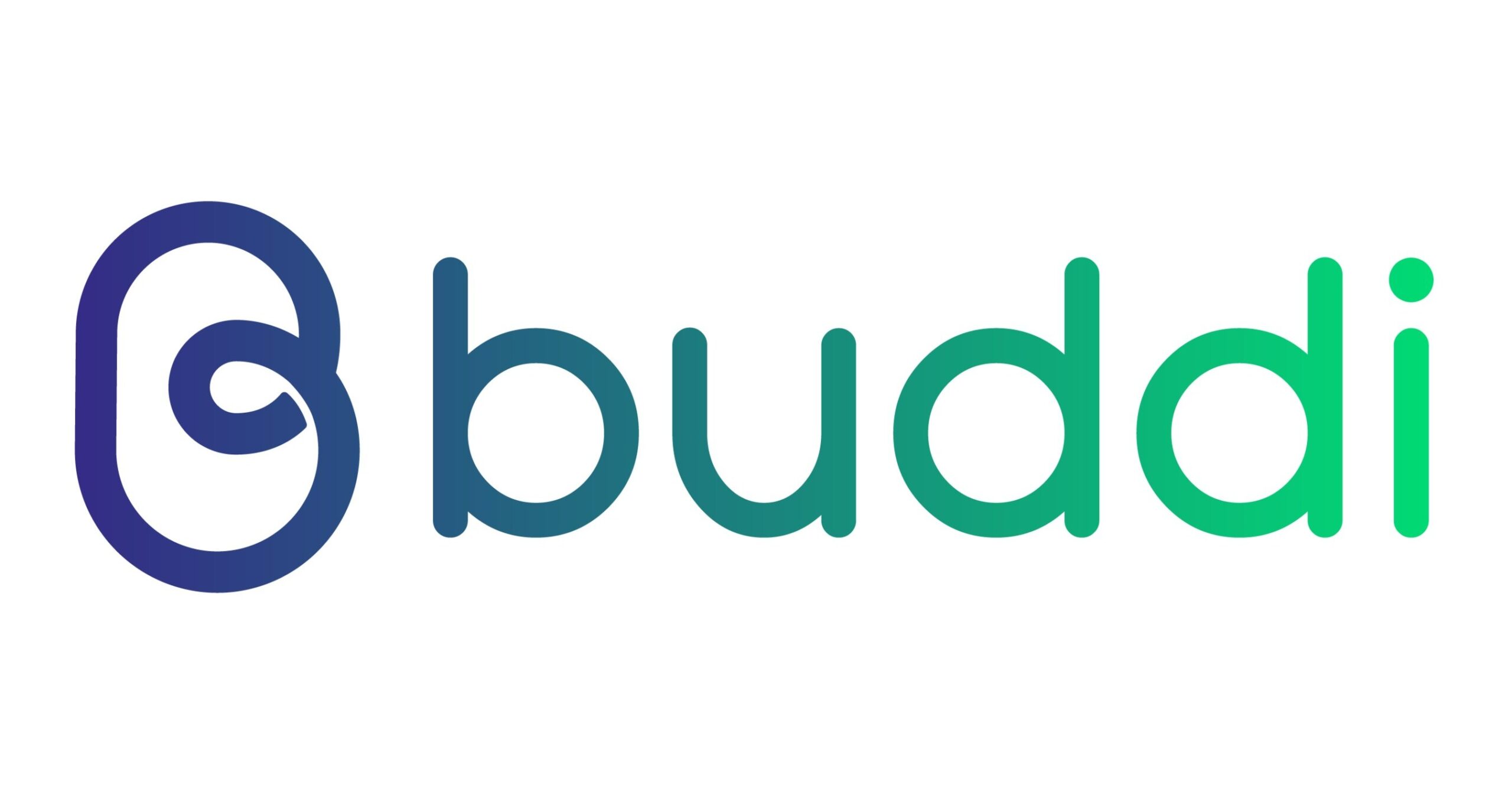Buddi: Simple Budgeting Tool for Personal Expense Management
Buddi is a small open-source program that has been around for quite a while. It doesn’t try to look modern or polished, but it gives users exactly what they need to follow everyday spending and income. For many, its main strength is simplicity: it works like a personal ledger that anyone can keep up to date.
How it’s usually used
The workflow is basic but reliable. People create a few accounts — a checking account, maybe cash, sometimes a credit card — and then add transactions by hand. Each payment or deposit is linked to a category such as rent, food, or transport. Over time, Buddi builds reports that show how spending matches the budget. The reports are simple, closer to summaries than fancy dashboards, but they do the job.
Technical snapshot
| Aspect | Details |
| Platforms | Windows, Linux, macOS |
| License | Open-source (GPL) |
| Storage | Local encrypted file |
| Import options | CSV |
| Export options | CSV |
| Core functions | Accounts, categories, budgets, reports |
| Multi-currency | Basic support |
| Privacy | Fully offline, encrypted data |
Getting started
Buddi is written in Java, which means it runs on most systems as long as Java is installed. Setup is straightforward: download, launch, and create a data file. Because the file is encrypted, it can be backed up or copied safely between computers.
Who usually uses it
– Students keeping track of rent, food, and part-time income.
– Families monitoring bills and everyday expenses.
– Small groups or clubs logging donations and costs.
Why it still has users
Buddi remains popular because it’s easy to trust. The program is free, runs on different platforms, and keeps data fully offline. Plugins extend its functionality a little, but even without them it stays useful for straightforward budgeting.
Bottom line
Buddi is not designed to compete with complex accounting systems. Instead, it’s a modest and dependable option for people who want a free, cross-platform tool to follow their household finances.







